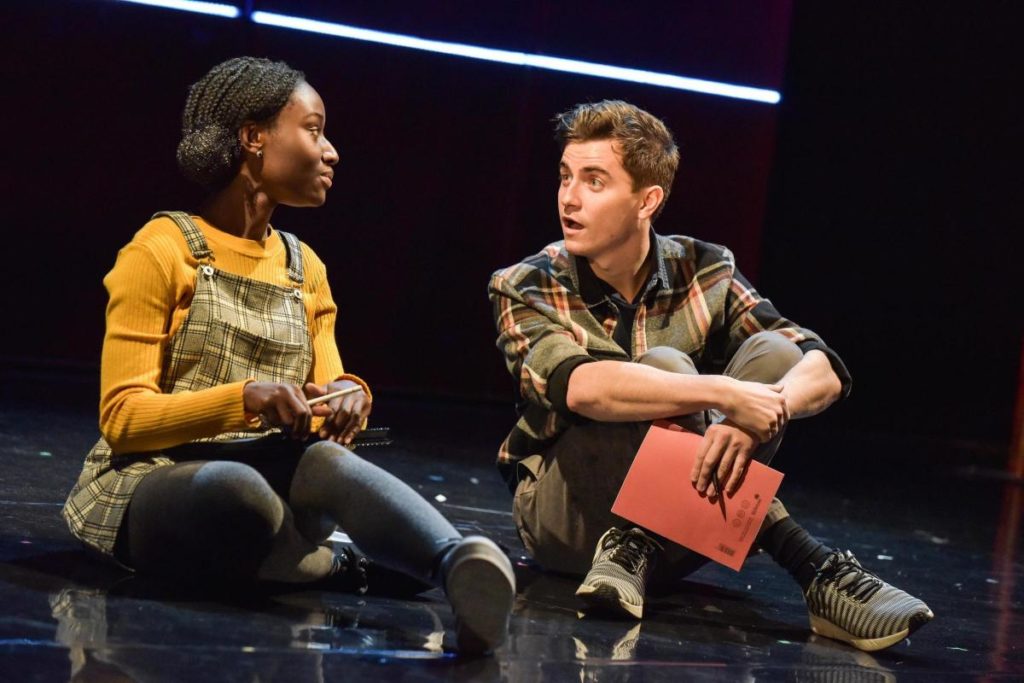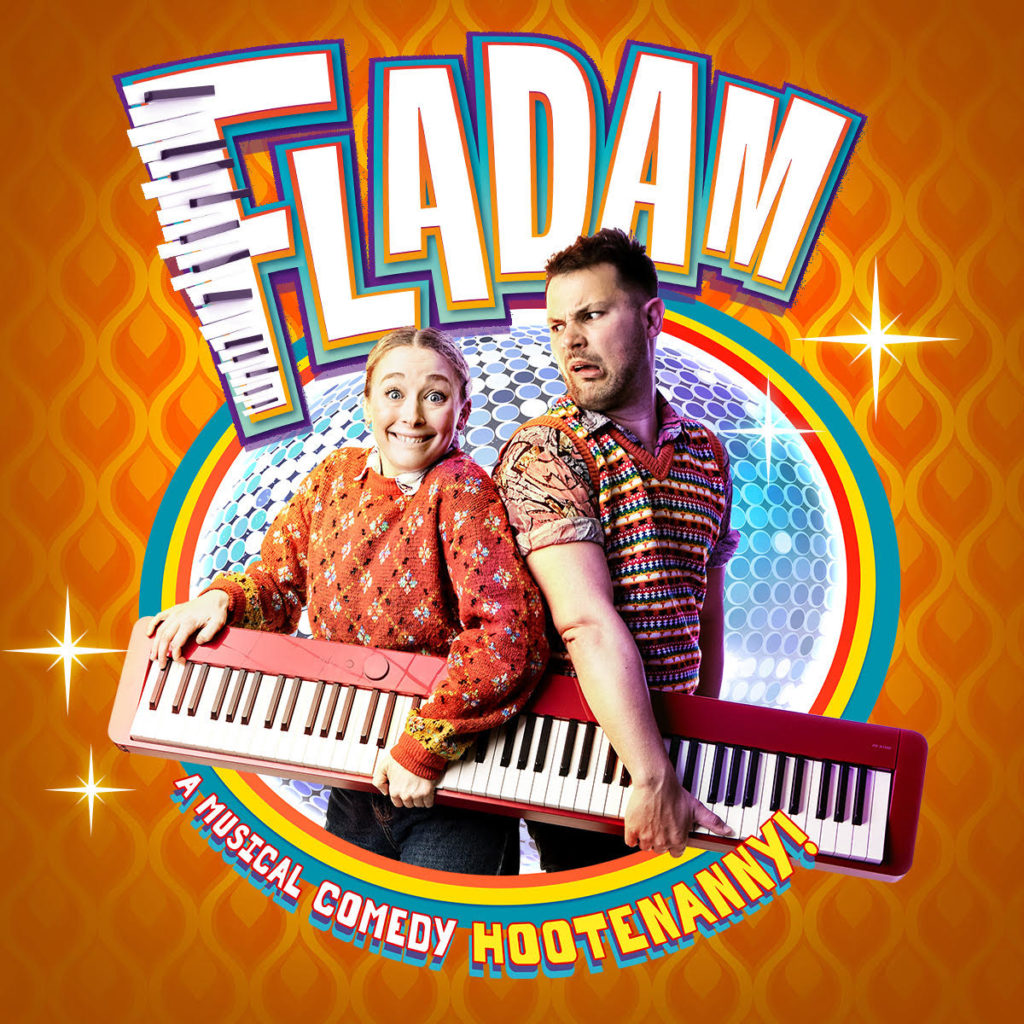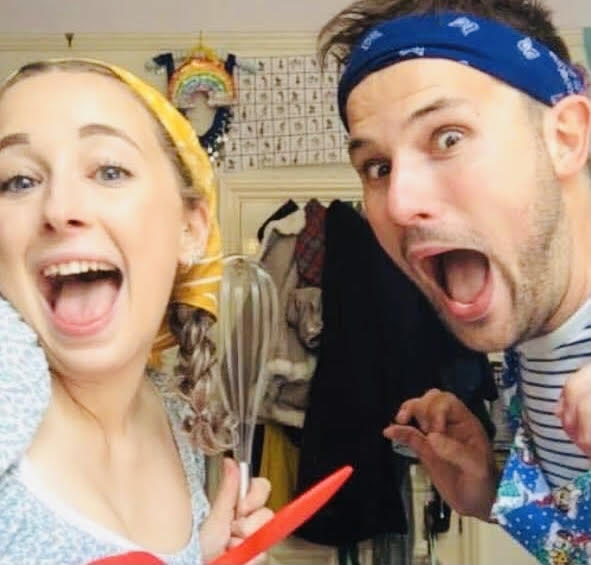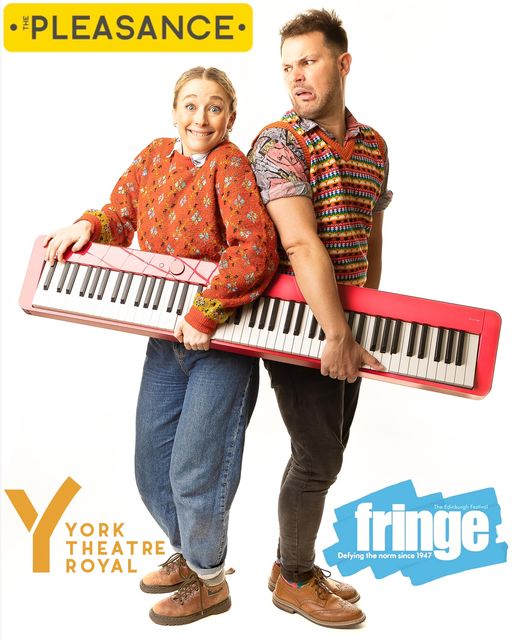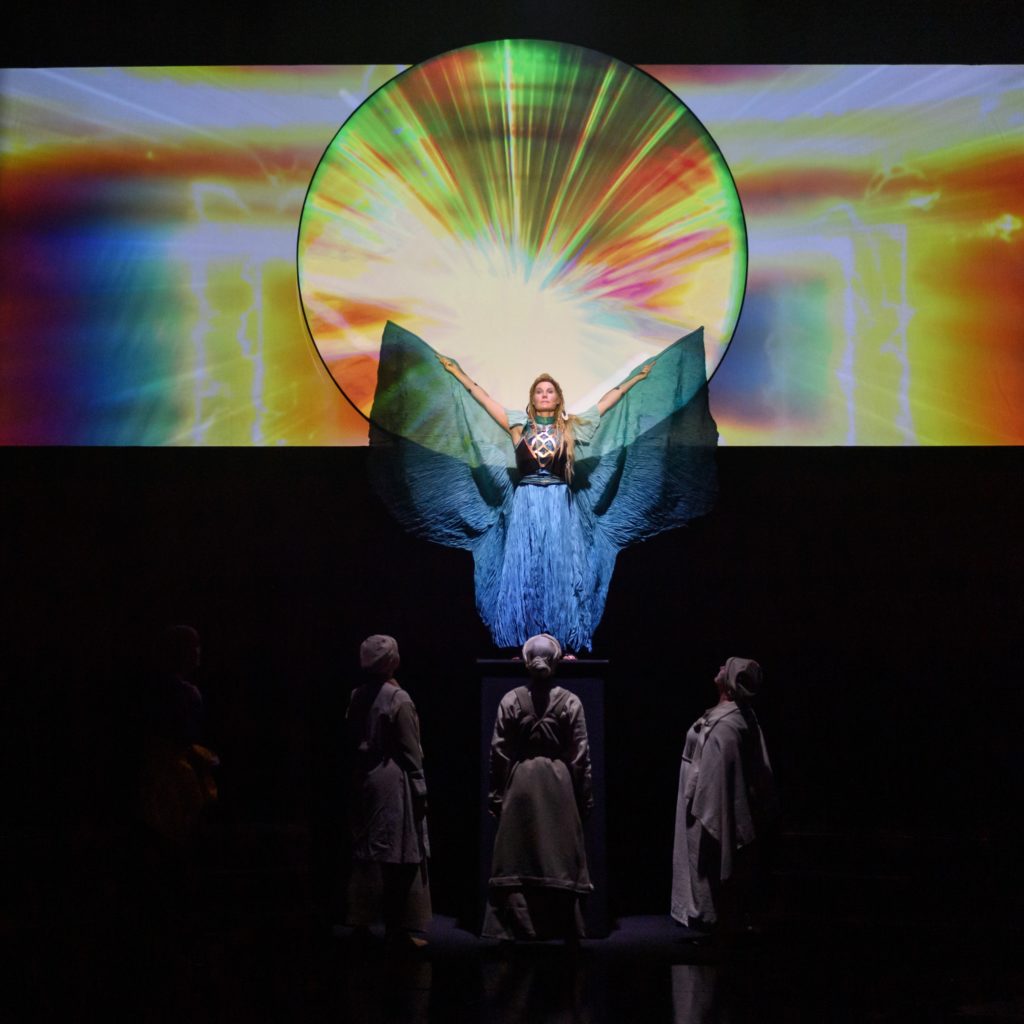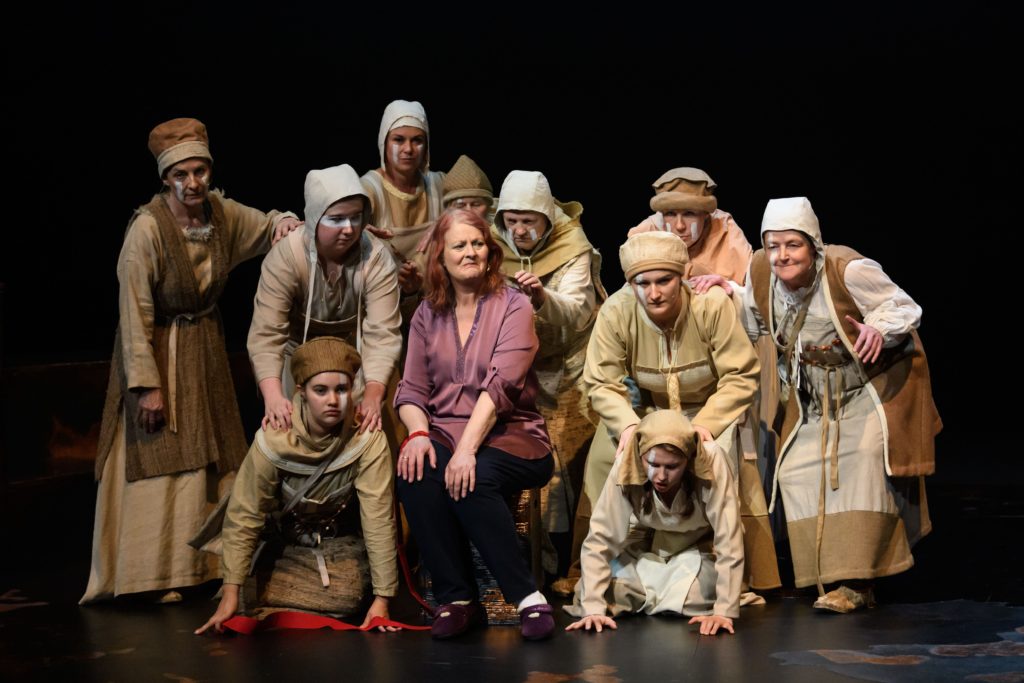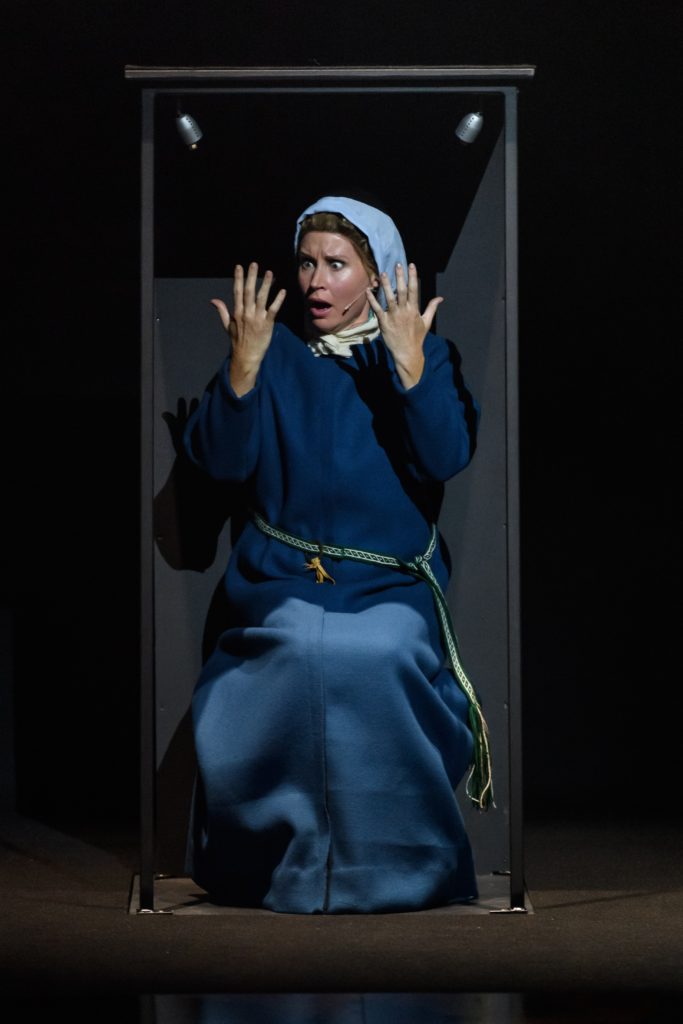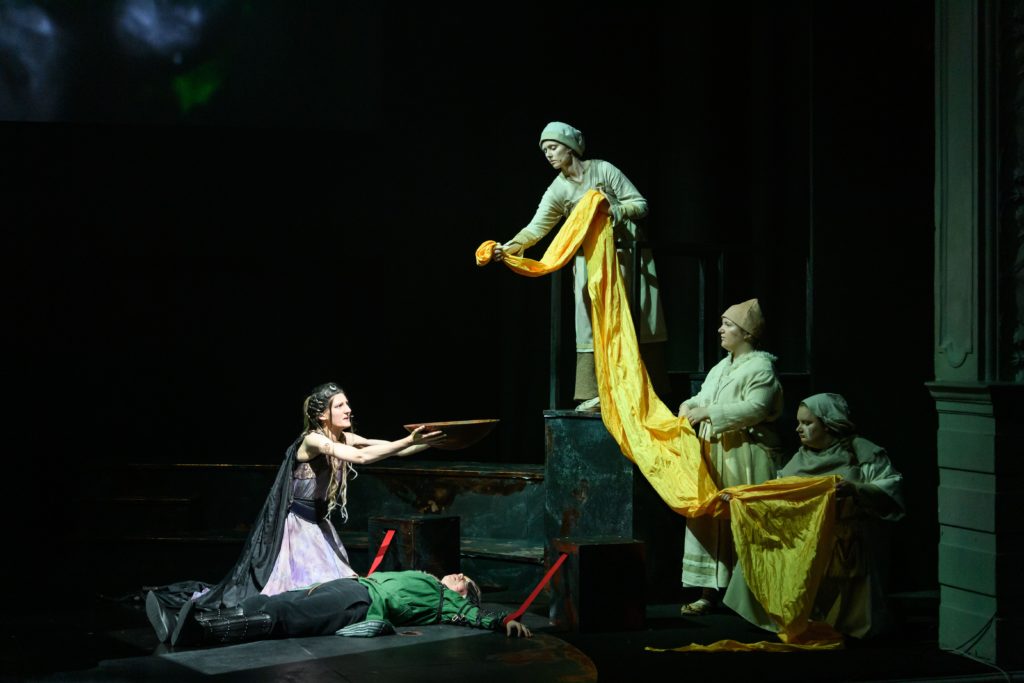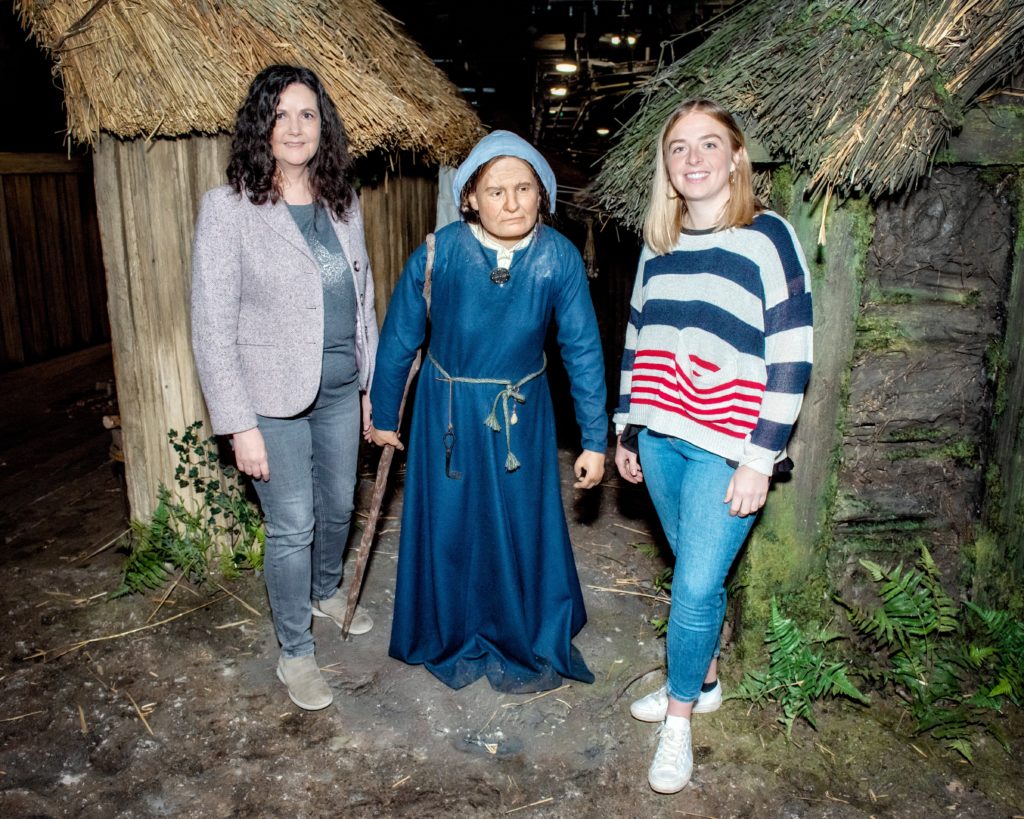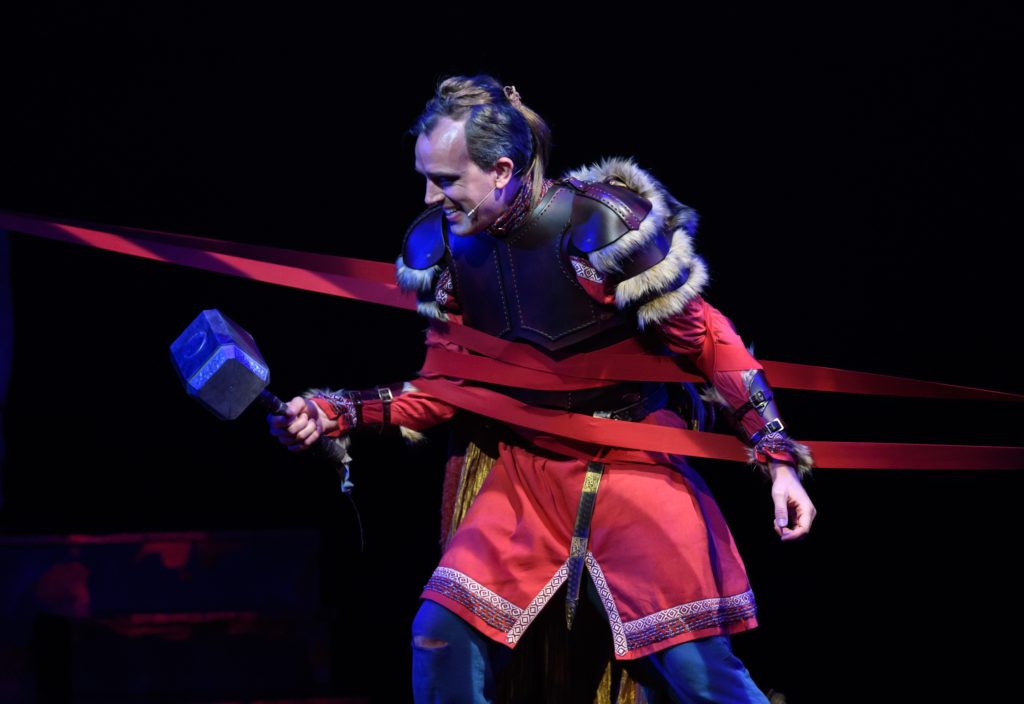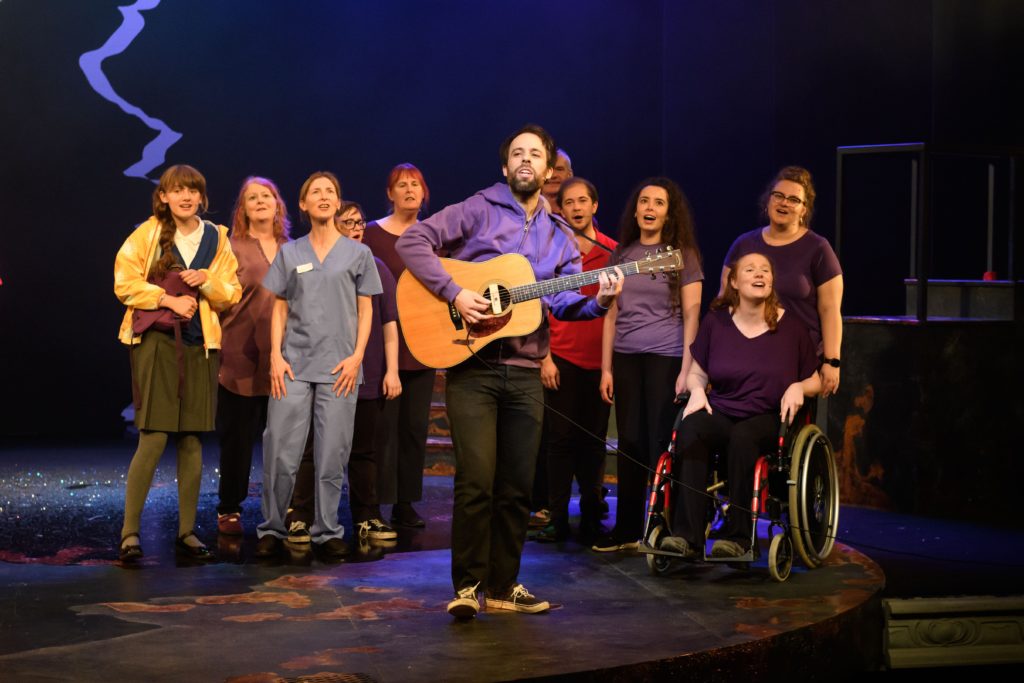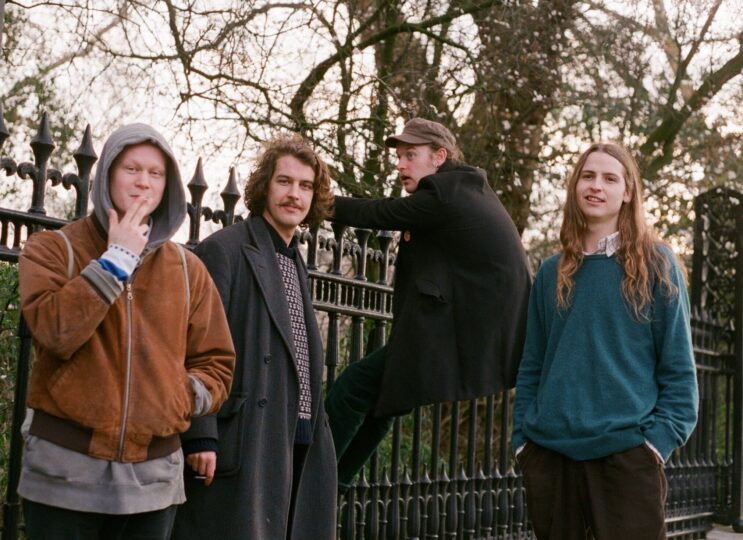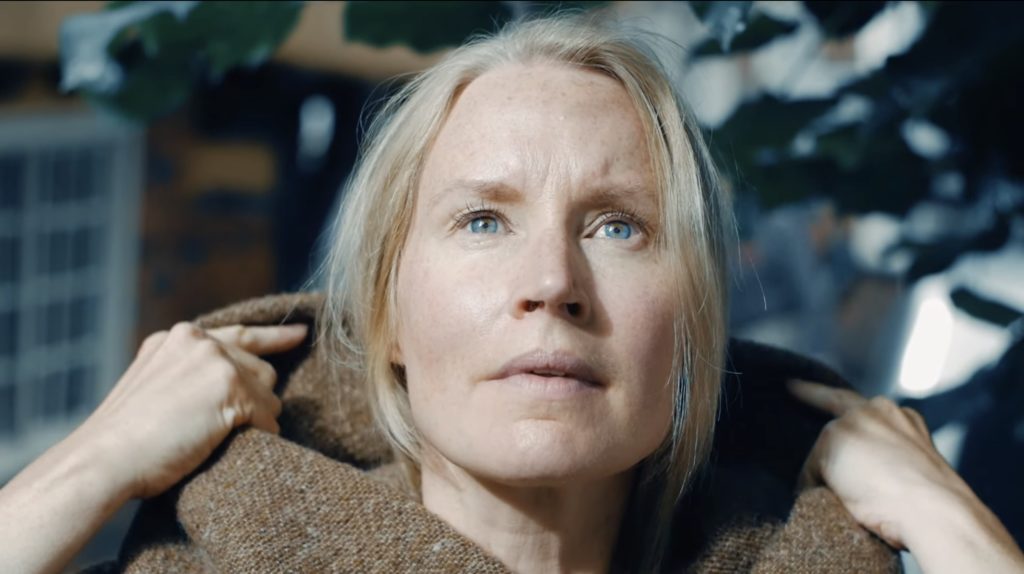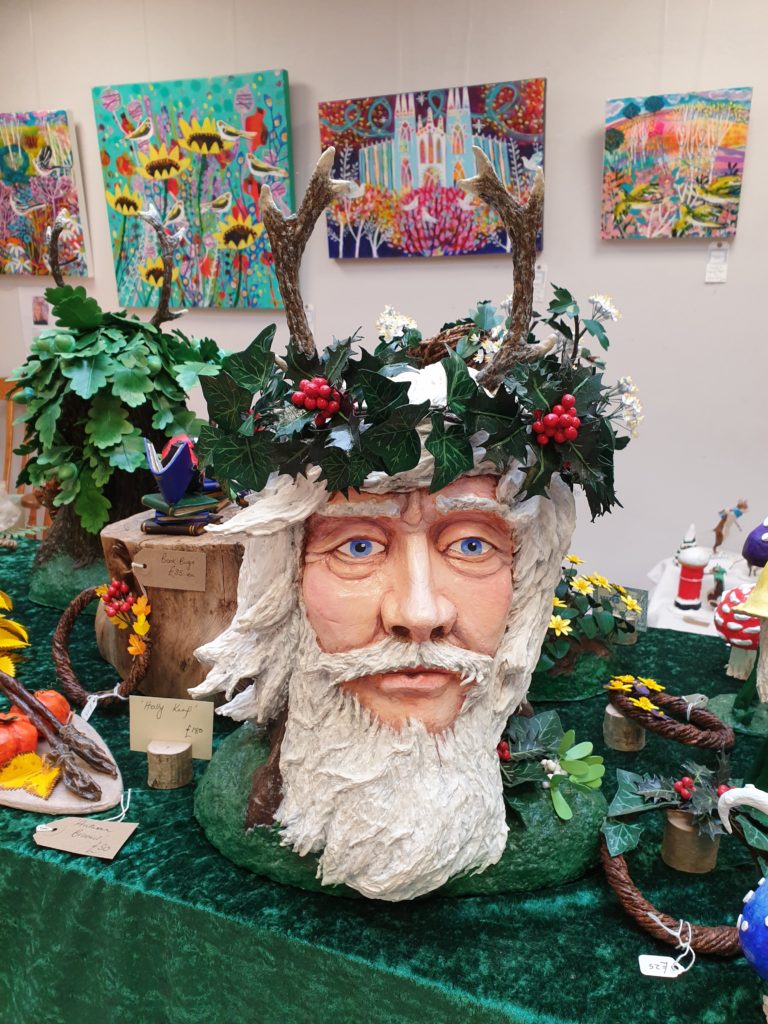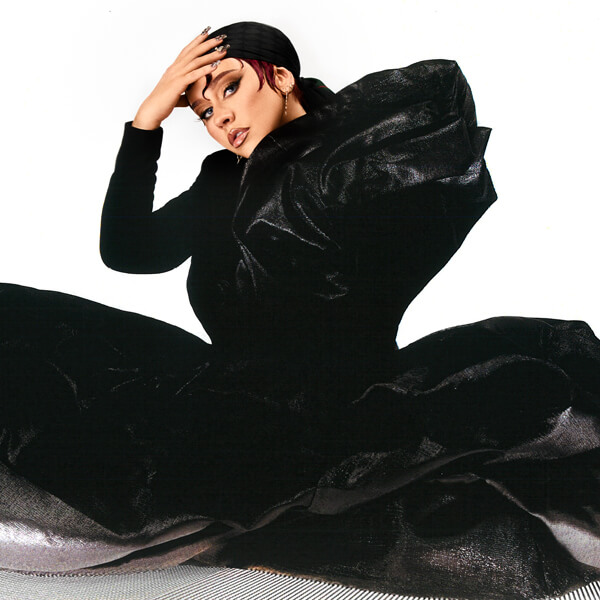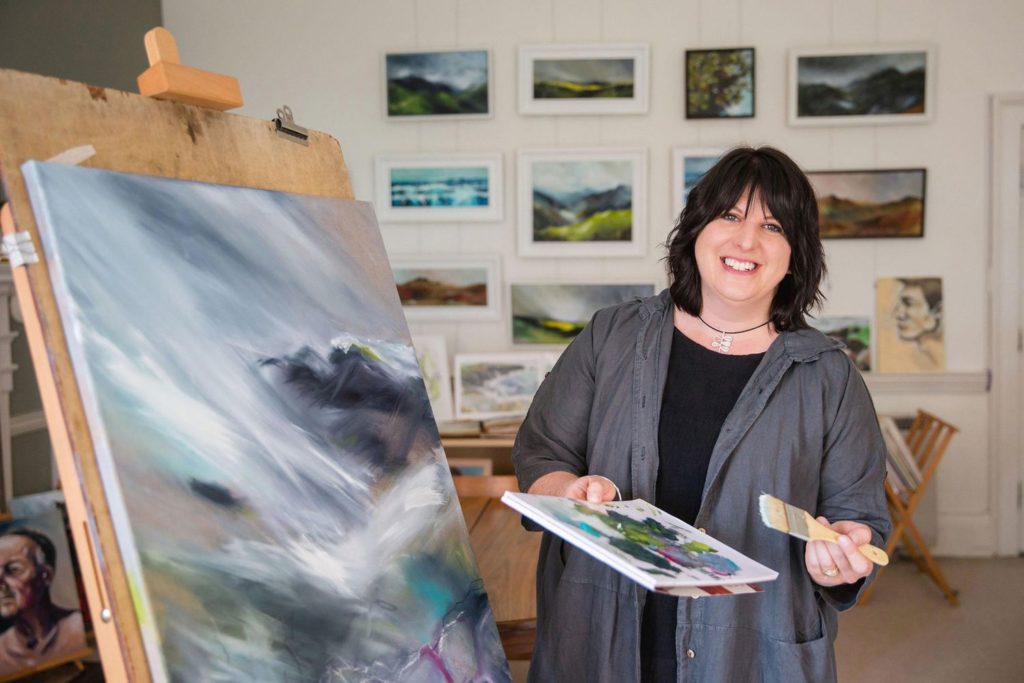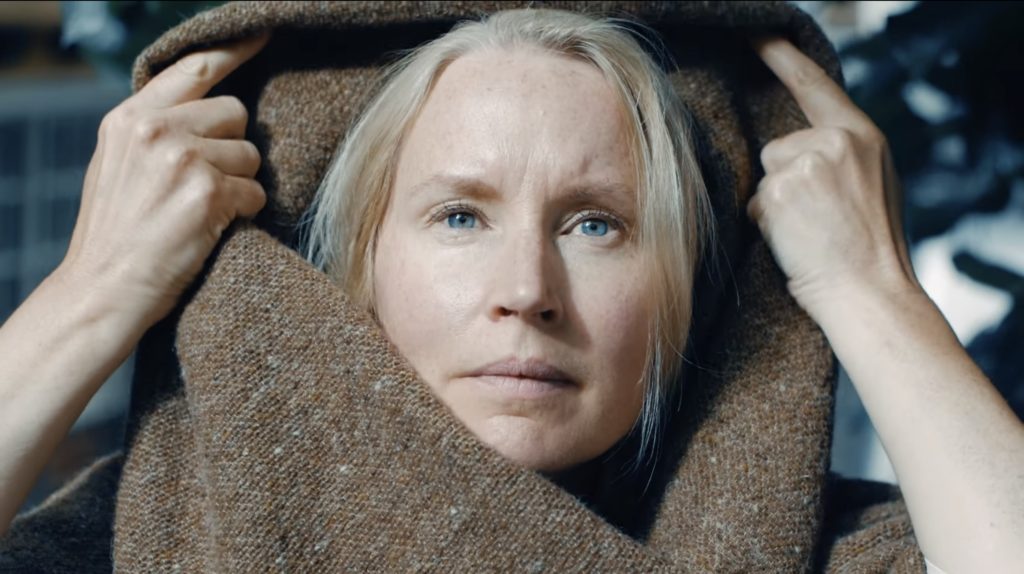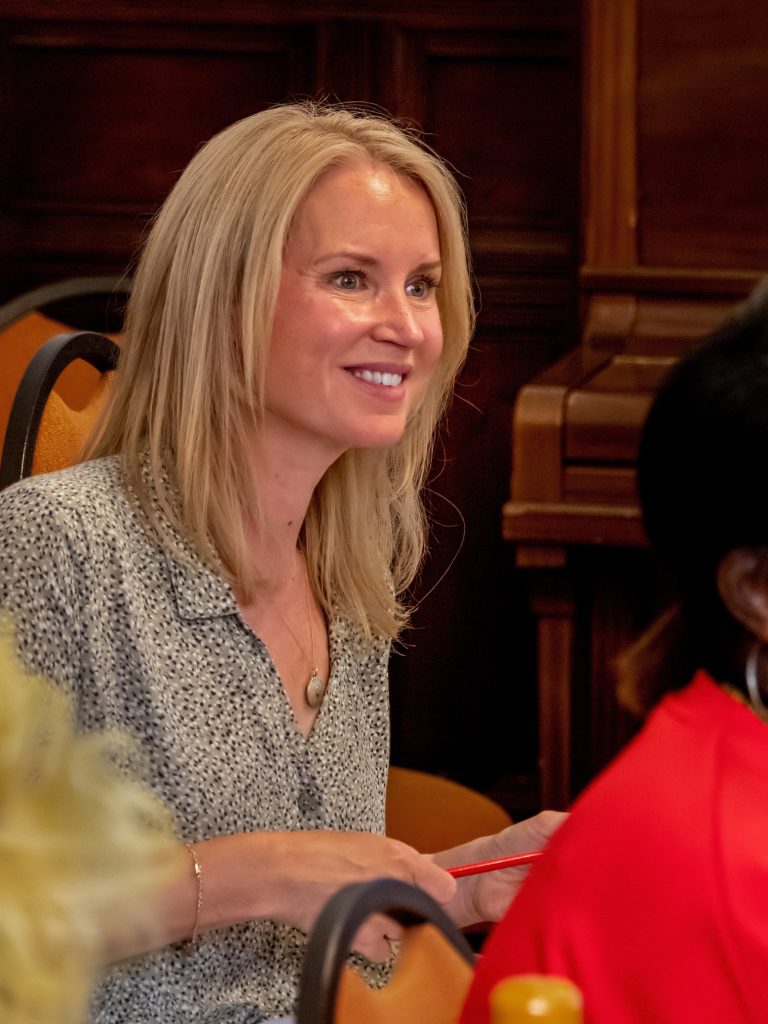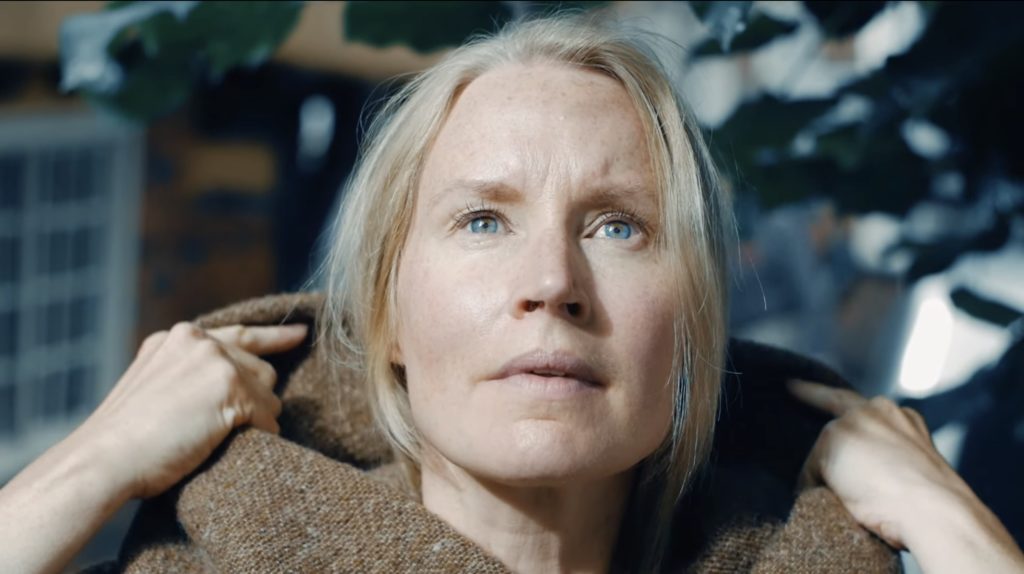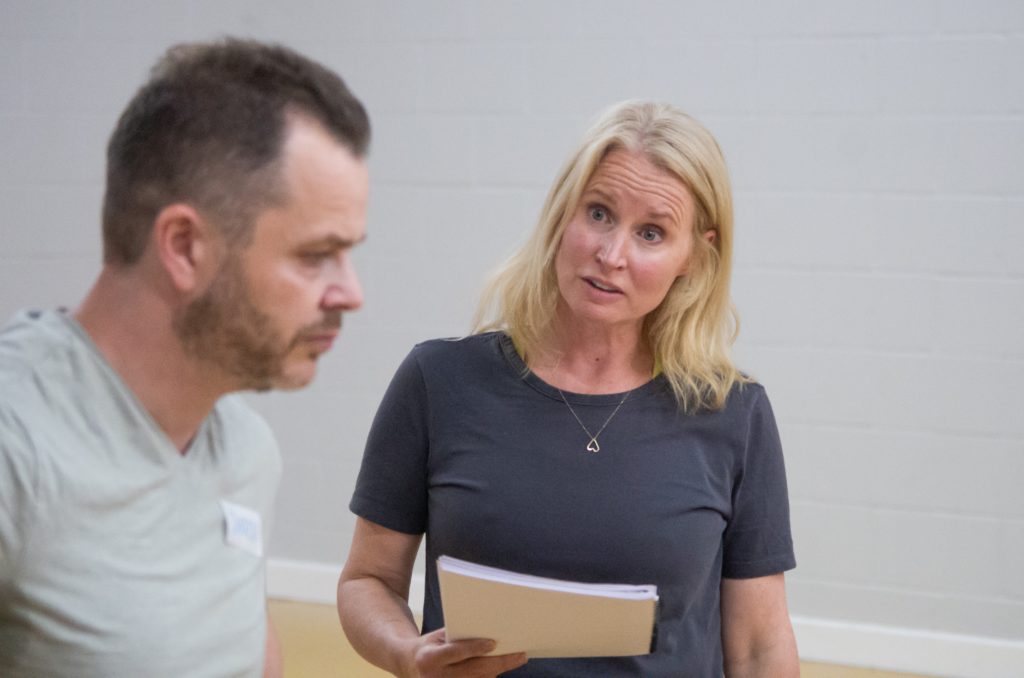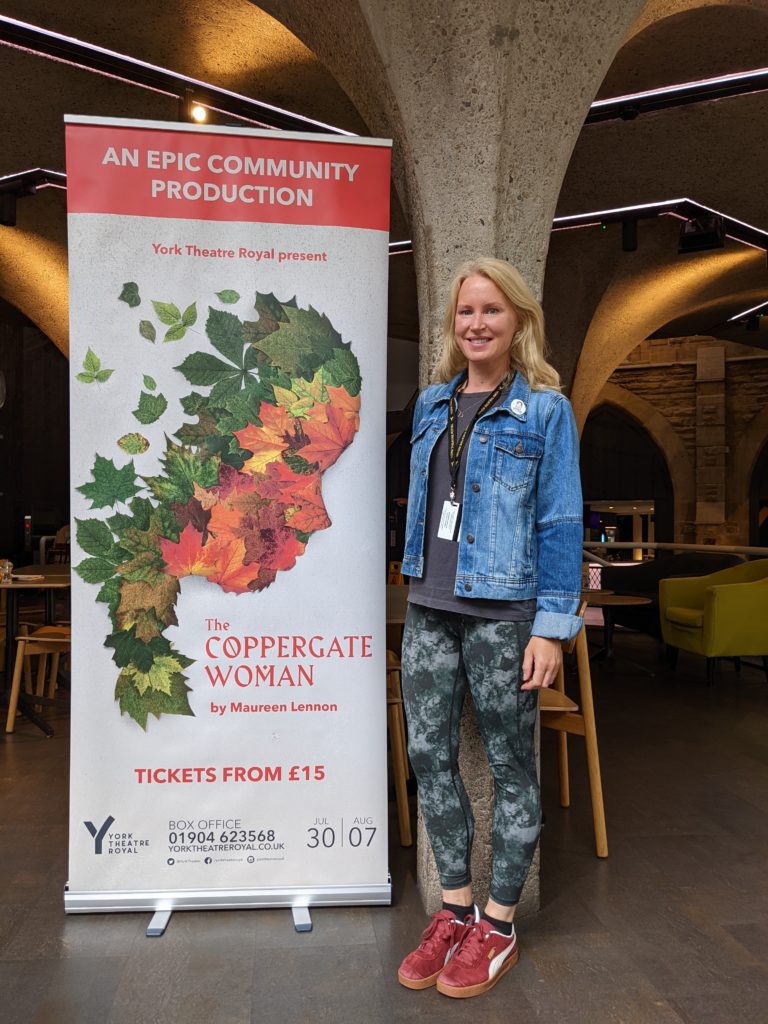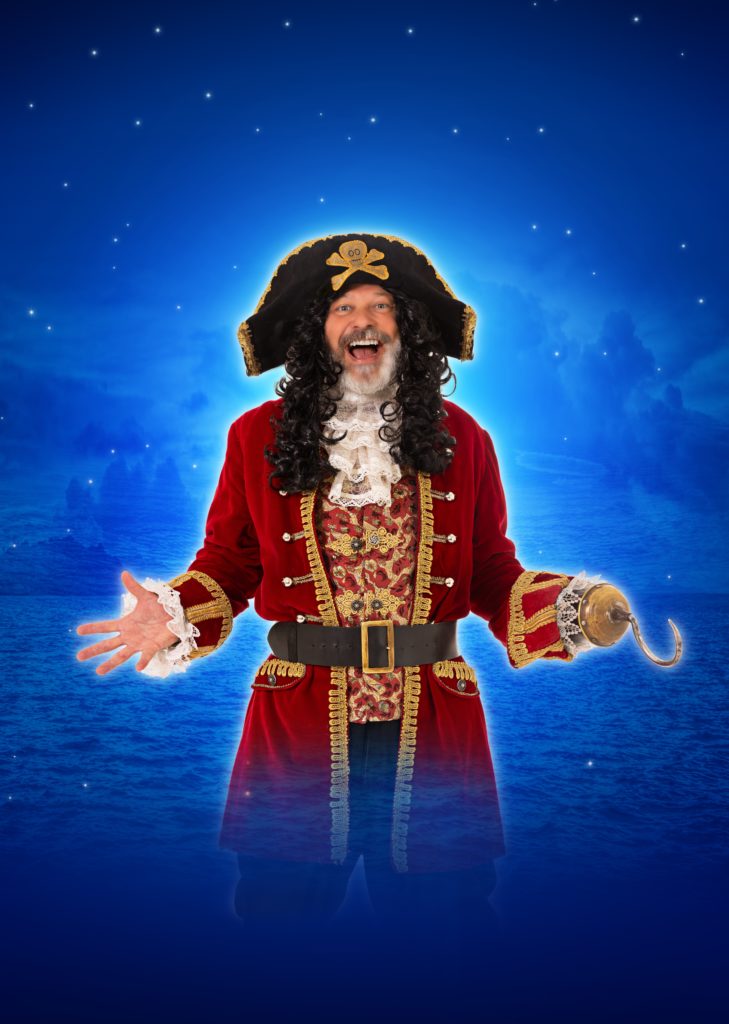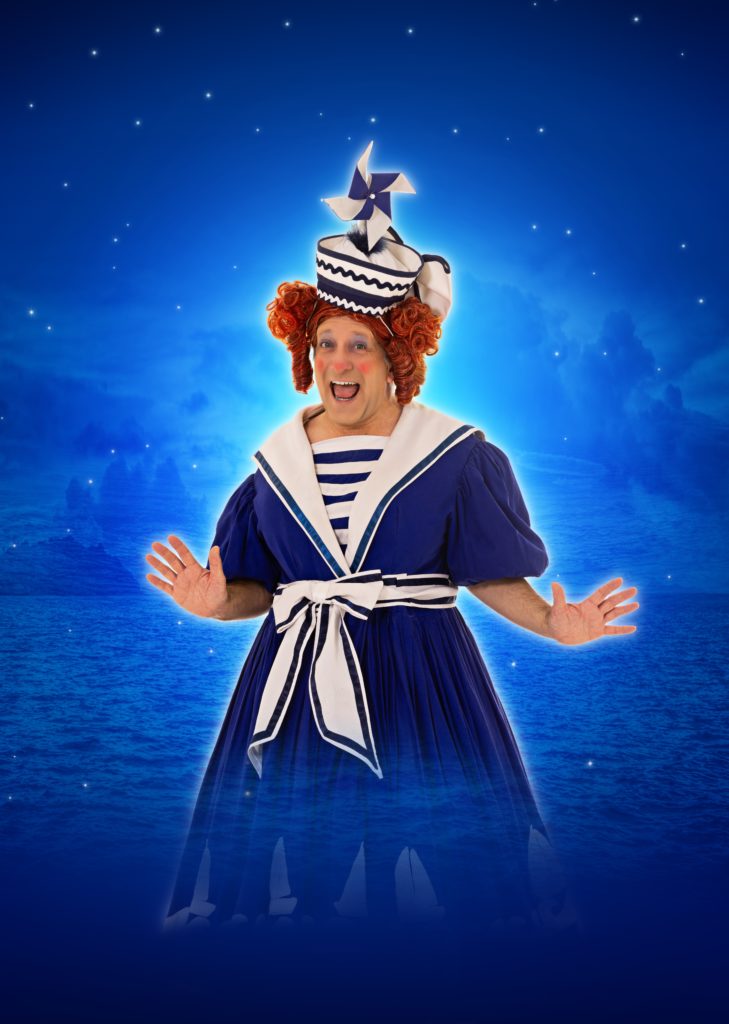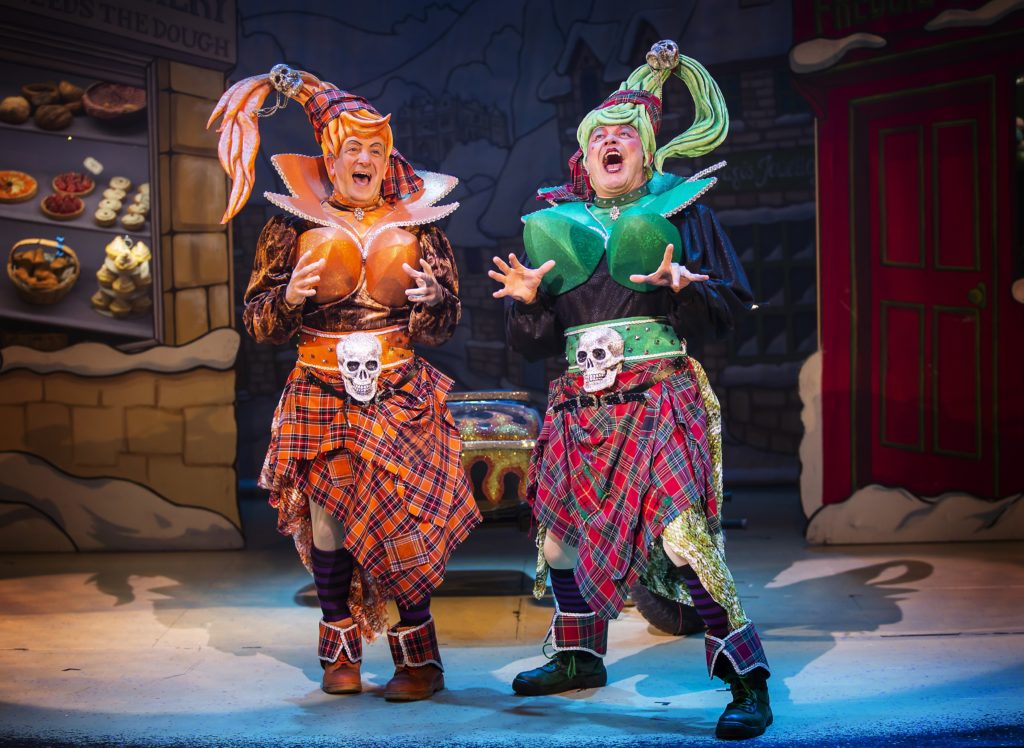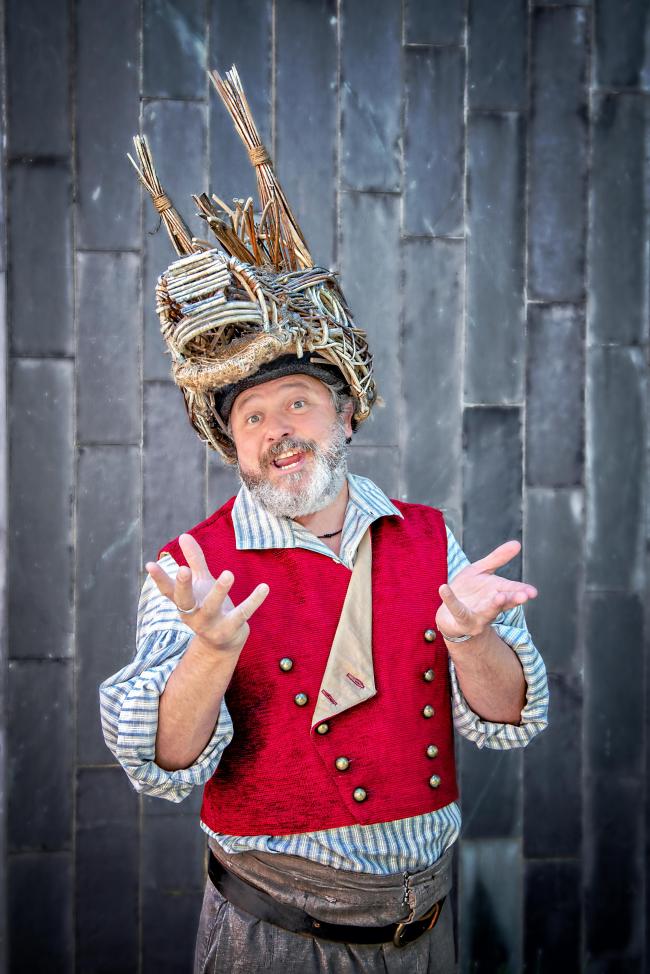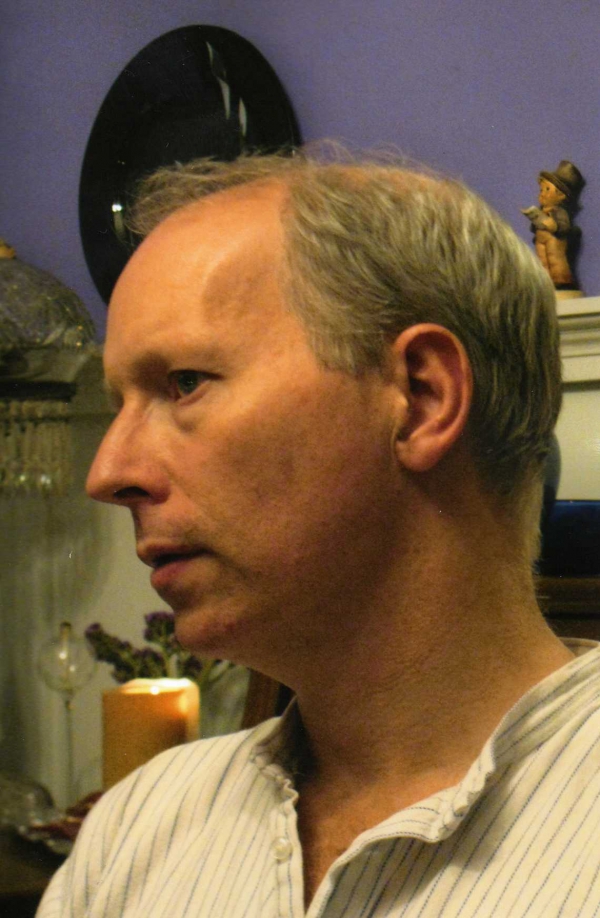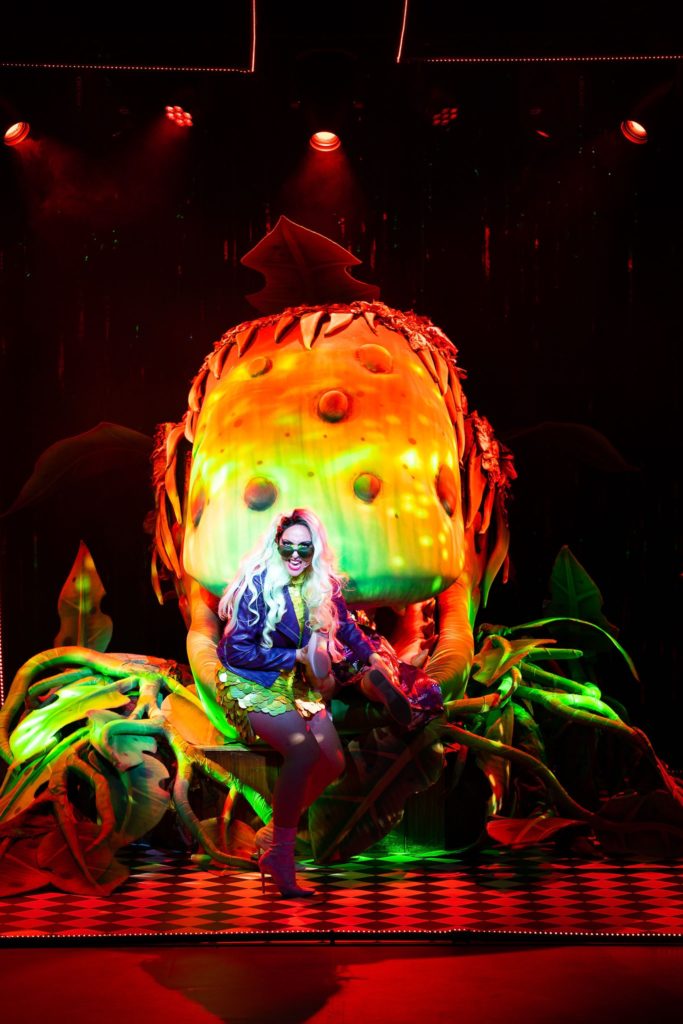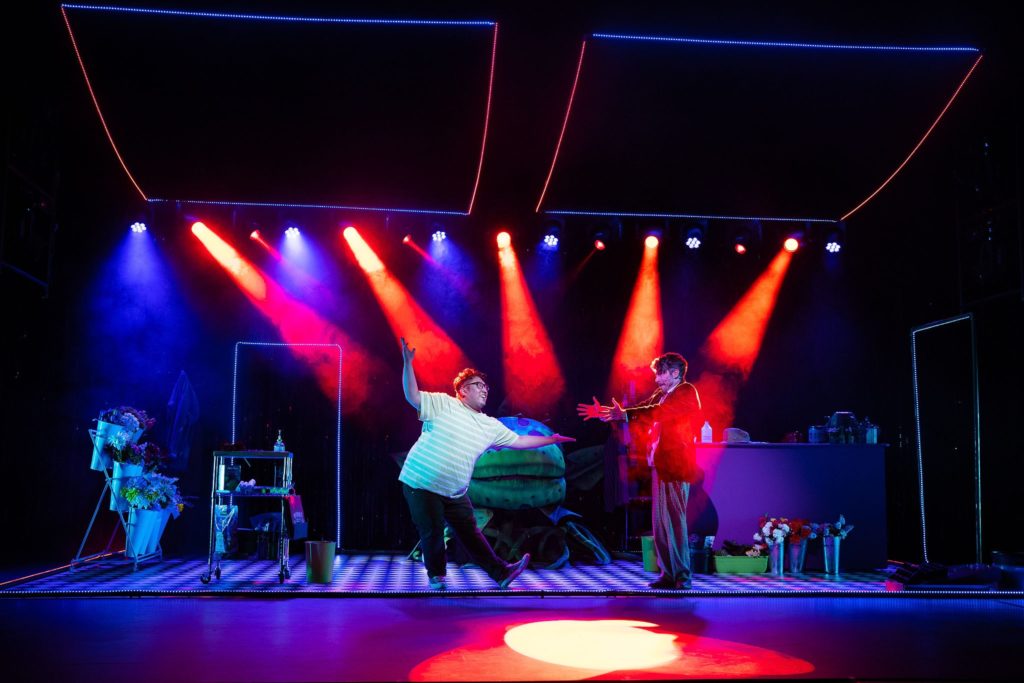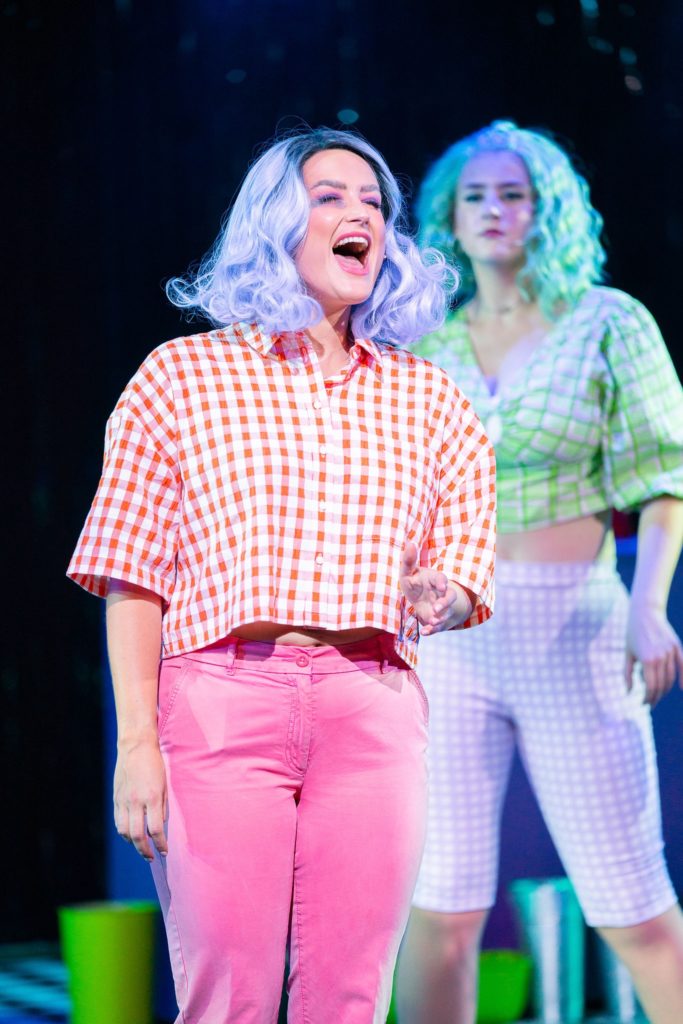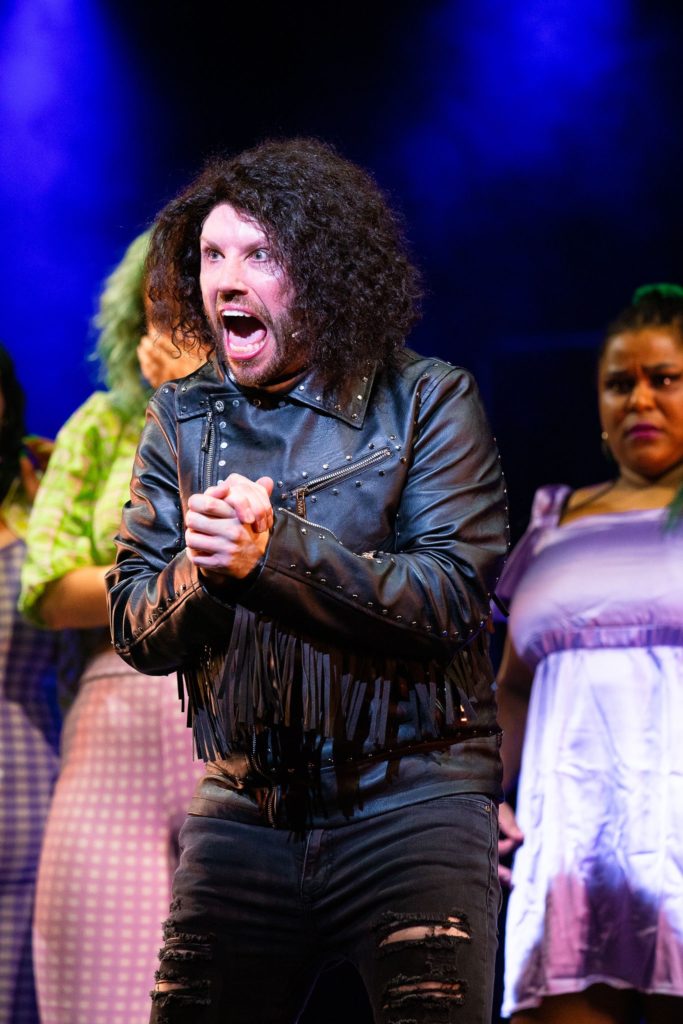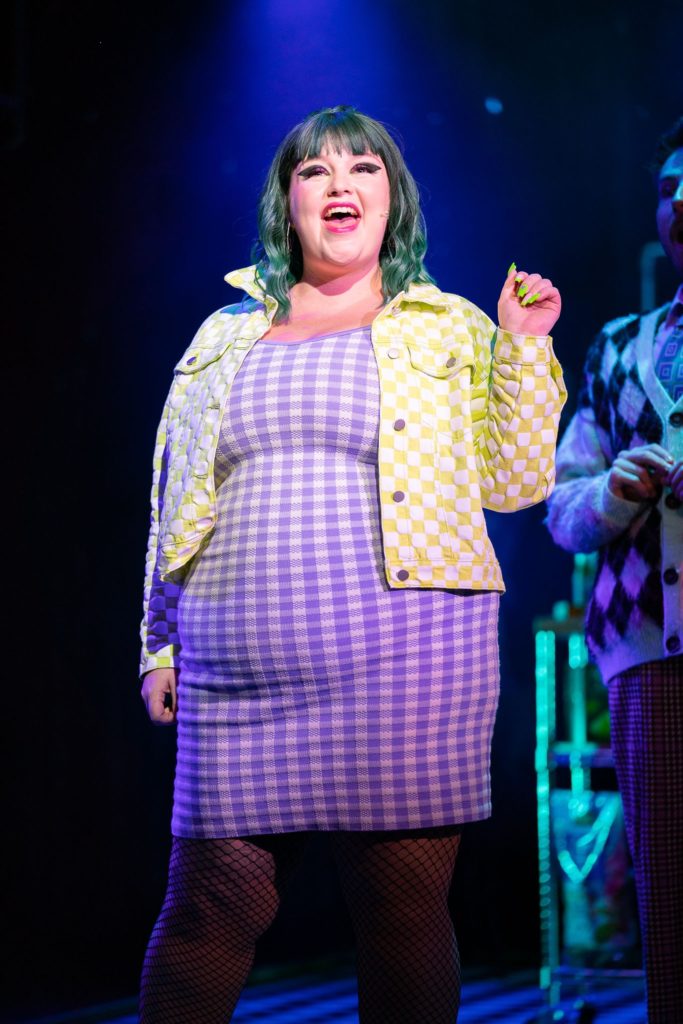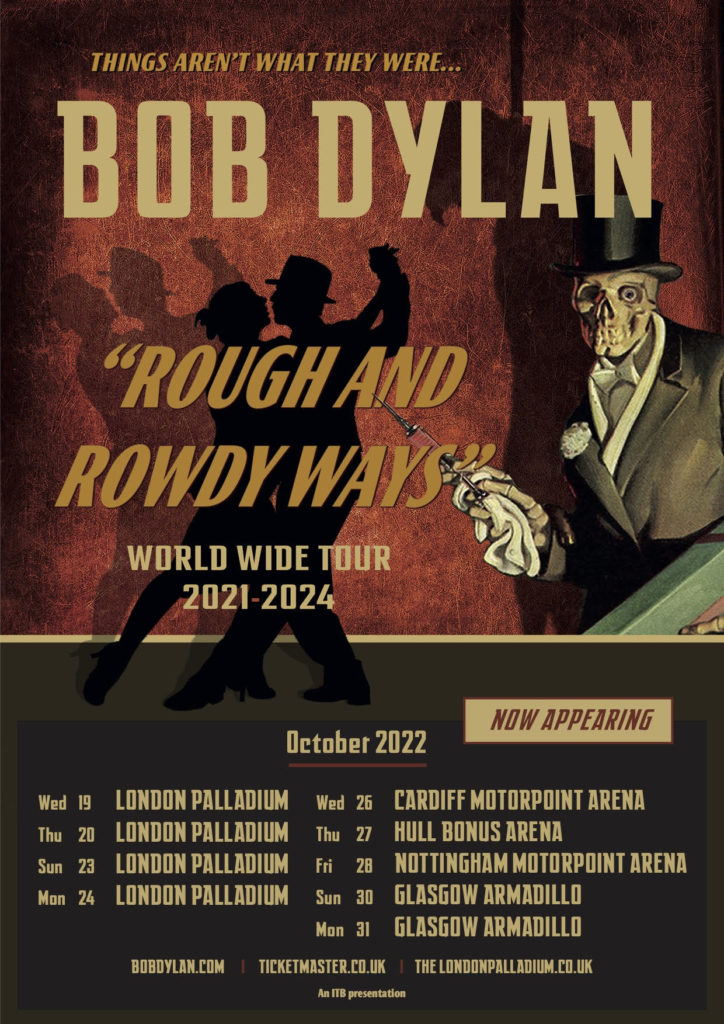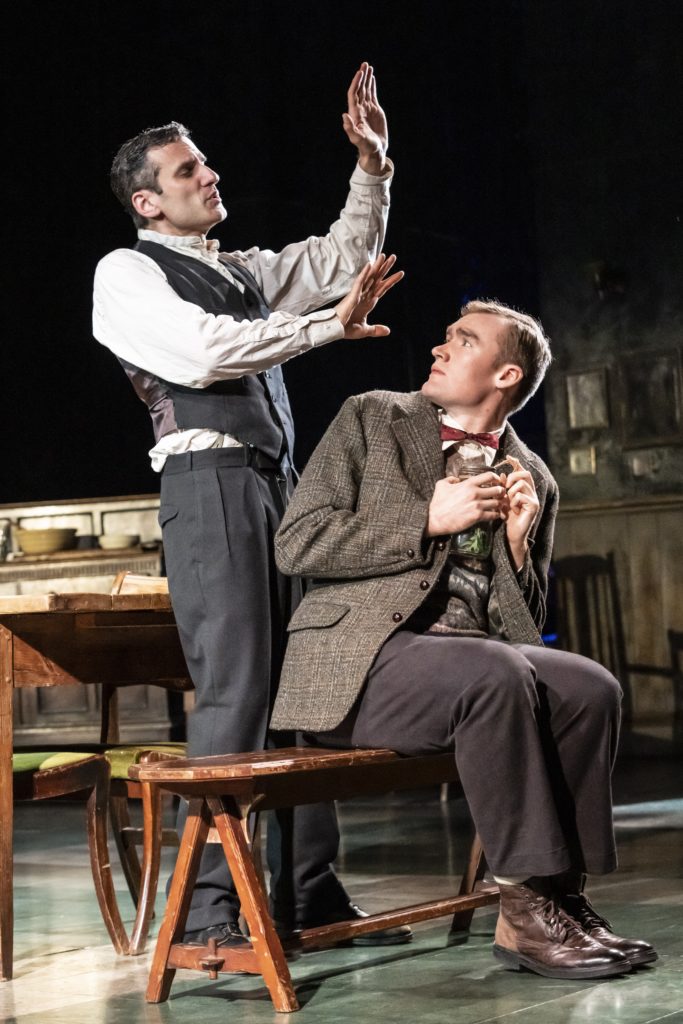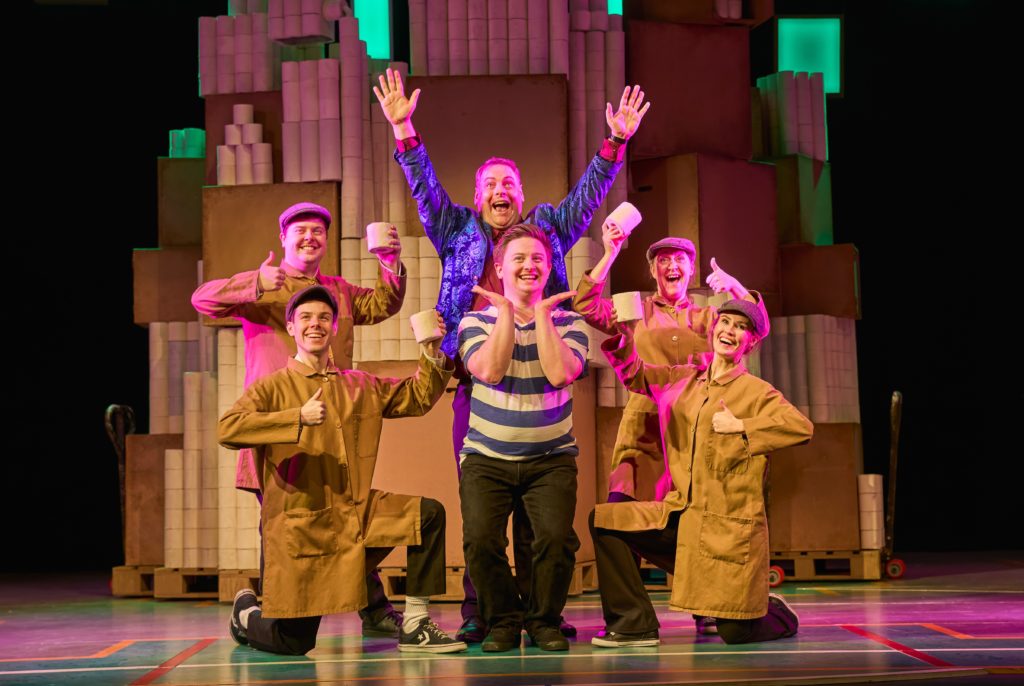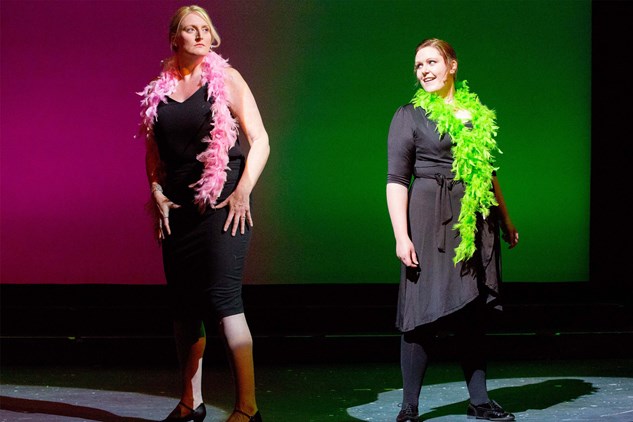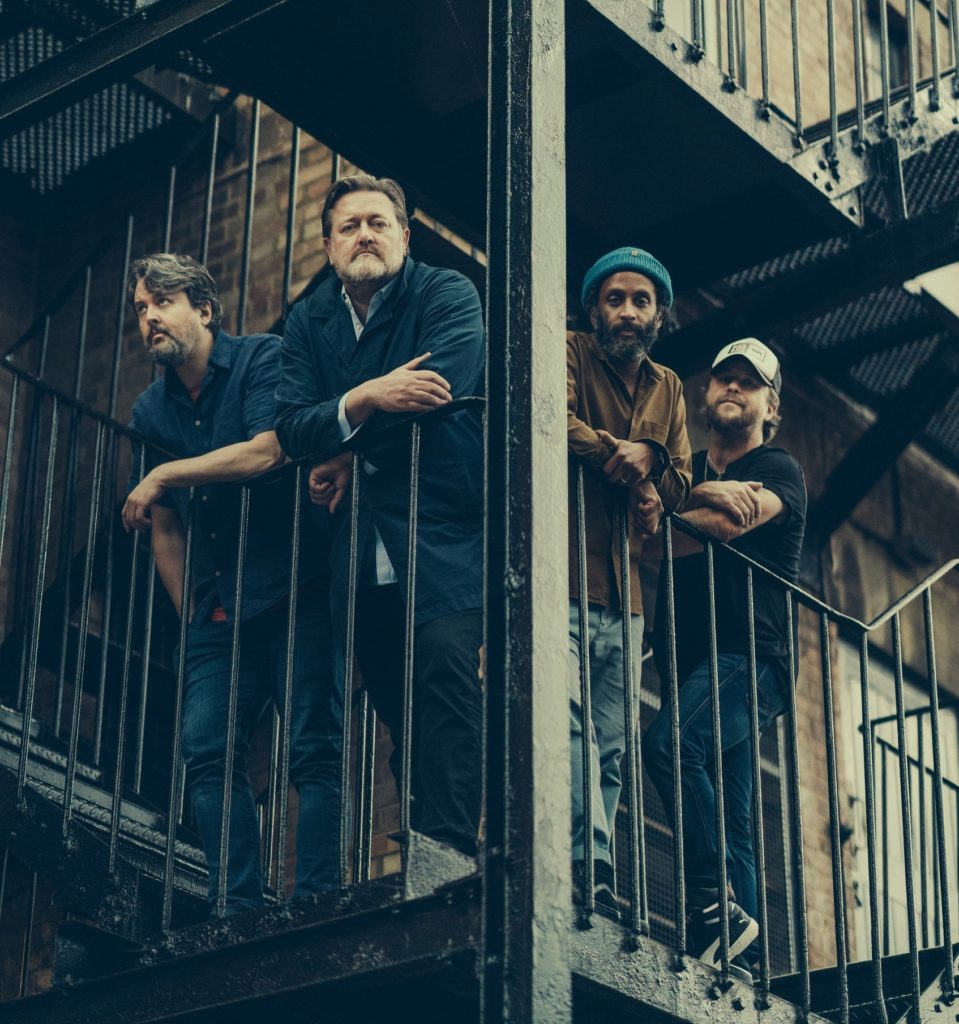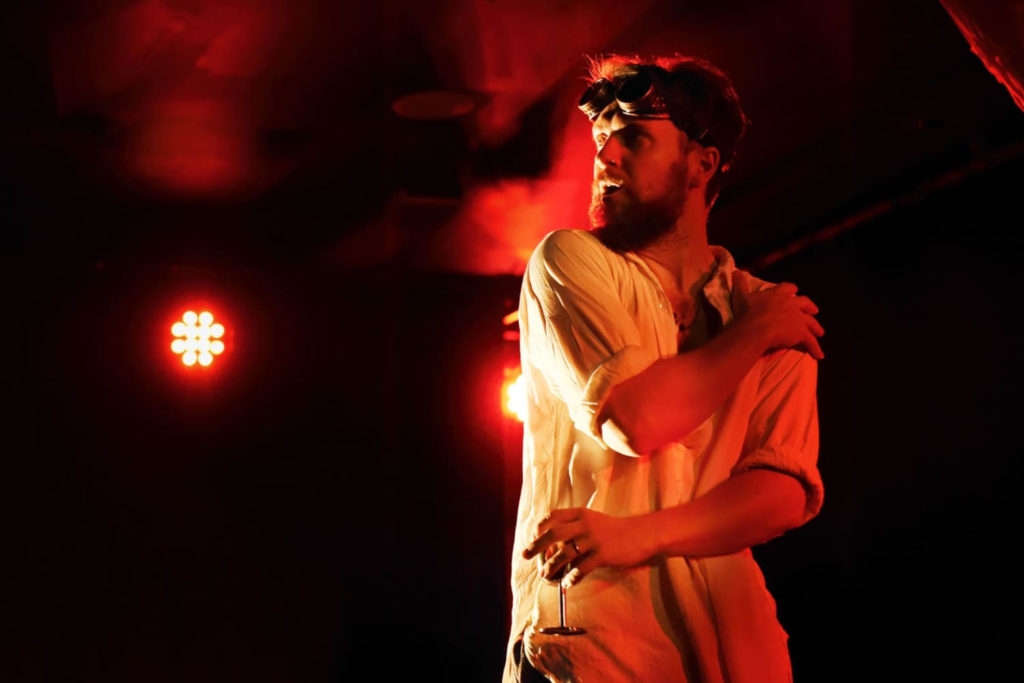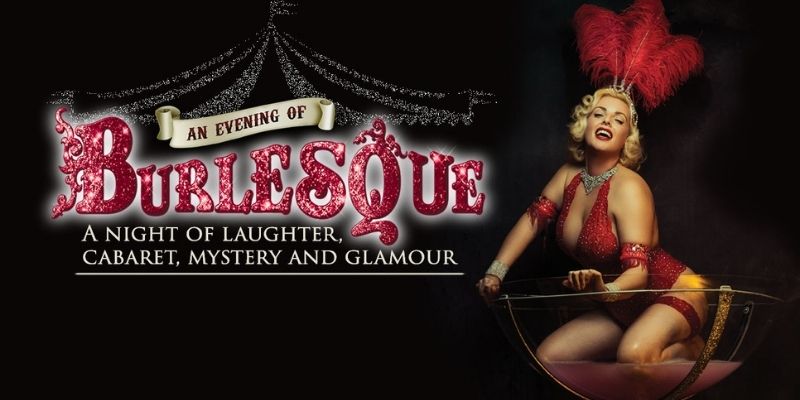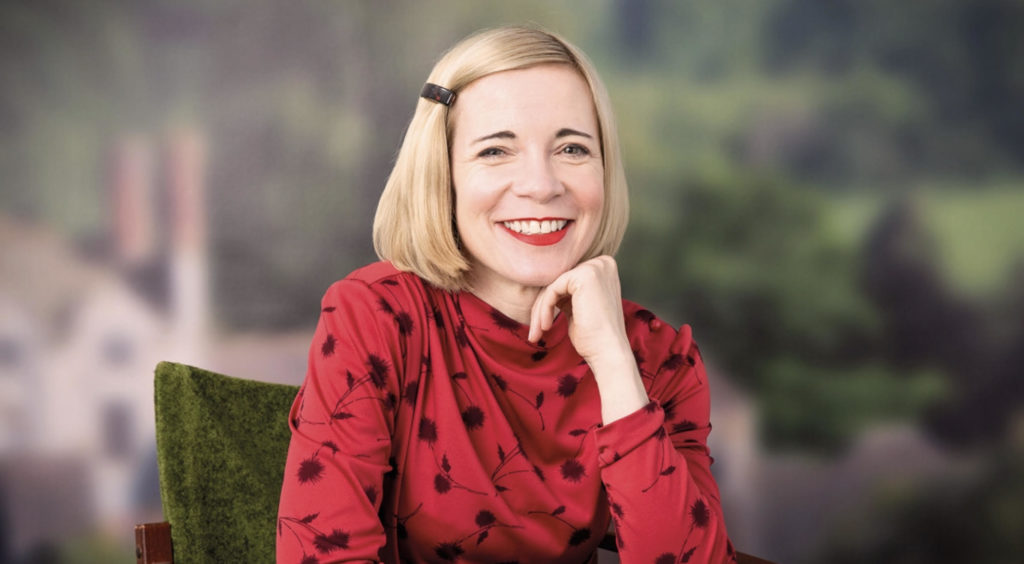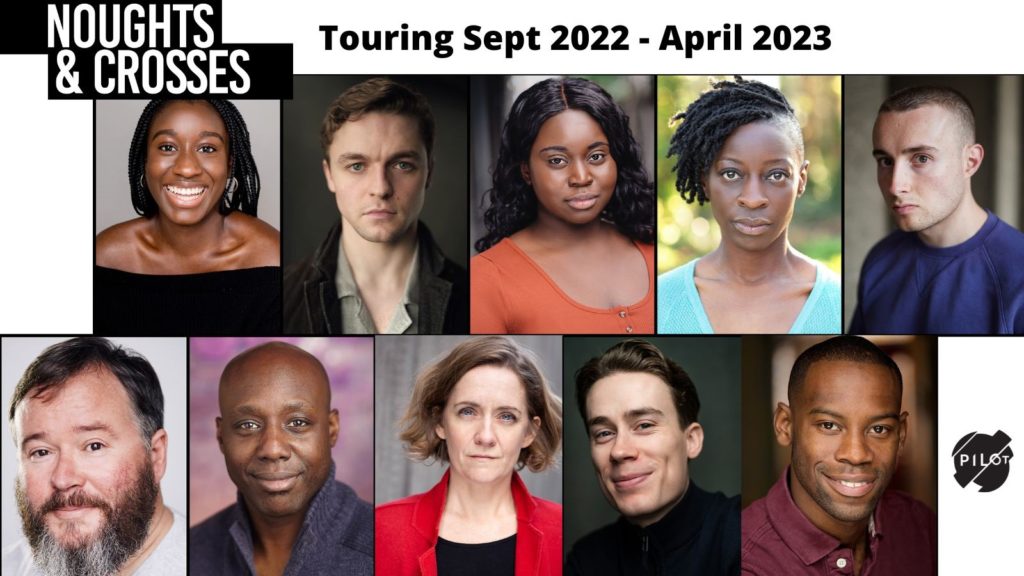
YORK company Pilot Theatre’s casting is complete for the revival of their award-winning production of Noughts & Crosses.
First staged in 2019, Sabrina Mahfouz’s adaptation of Malorie Blackman’s young adult novel of first love in a dangerous fictional dystopia will be on tour from autumn to spring 2023 under the direction once more of artistic director Esther Richardson.
Noughts & Crosses will open on home turf at York Theatre Royal from September 16 to 24, having first played there in April 2019.
In Blackman’s Romeo & Juliet story for our times, Sephy is a Cross and Callum is a Nought. Between Noughts and Crosses come racial and social divides as a segregated society teeters on a volatile knife edge.
When violence breaks out, Sephy and Callum draw closer, but this is a romance that will lead them into terrible danger.
Told from the perspectives of two teenagers, Noughts & Crosses explores the powerful themes of love, revolution and what it means to grow up in a divided world.
In 2019, the premiere formed the inaugural co-production between Pilot Theatre, York Theatre Royal, Derby Theatre, Belgrade Theatre, Coventry, and Mercury Theatre, Colchester, who had formed a new partnership in 2018 to develop, produce and present theatre for younger audiences.
Pilot’s premiere – launched before the BBC television adaptation – was seen by more than 30,000 people on tour, 40 per cent of them being aged under 20, en route winning the award for excellence in touring at the 2019 UK Theatre Awards.
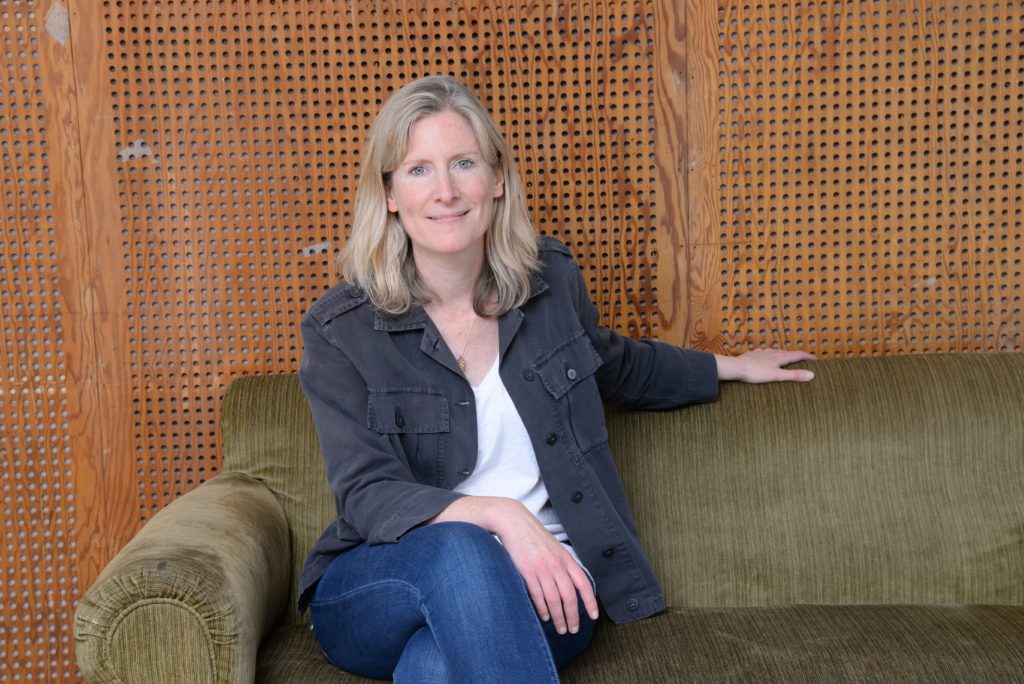
The Noughts & Crosses cast will be fronted by Effie Ansah (The Maladies, Almeida Theatre) and James Arden in their first leading roles as Sephy and Callum.
Emma Keele (East Is East, Birmingham Rep and National Theatre and The Curious Incident Of The Dog In The Night-Time, UK tour) will play Meggie; Nathanial McClosky (Macbeth, Box Clever Theatre), Jude; Amie Buhari (Flowers, Channel 4), Jasmine.
Steph Asamoah (Billy Eliot, Curve Theatre) will be Minerva; Chris Jack (Brighton Rock, Pilot Theatre and York Theatre Royal and Our Town, Royal Exchange Manchester), Kamal; Daniel Copeland (Invincible, Orange Tree Theatre and The Jungle Book, Leeds Playhouse), Ryan, and newcomer Tom Coleman, Nought Man, Andrew Dorn and understudy to Callum and Jude.
Daniel Norford (Small Island and The Welkin, National Theatre and The Lion King, UK tour) will join the cast next spring in the role of Kamal. All actors will play ensemble roles too.
After the York Theatre Royal home run, Noughts & Crosses will tour: Richmond Theatre, London (September 27 to October 1; Exeter Northcott (October 4 to 8); Yvonne Arnaud Theatre, Guildford (October 11 to 15); Northern Stage, Newcastle (October 18 to 22); Lawrence Batley Theatre, Huddersfield (November 1 to 5); New Wolsey Theatre, Ipswich (November 8 to 12); The Alexandra, Birmingham (November 9 to 15) and Liverpool Playhouse (November 22 to 26).
The tour will resume in 2023 at: The Lowry, Salford (January 17 to 21); Belgrade Theatre, Coventry (January 24 to 28); Rose Theatre, Kingston (January 31 to February 11); Theatre Royal, Brighton (February 21 to 25); Oldham Coliseum (March 14 to 18); Poole Lighthouse (March 21 to 25) and Curve Theatre, Leicester (March 28 to April 1).
Esther is joined in the production team by designer Simon Kenny; 2022 lighting designer Ben Cowens; original lighting designer Joshua Drualus Pharo and composer Arun Ghosh.
Tickets for the York run are on sale on 01904 623568 or at yorktheatreroyal.co.uk.
